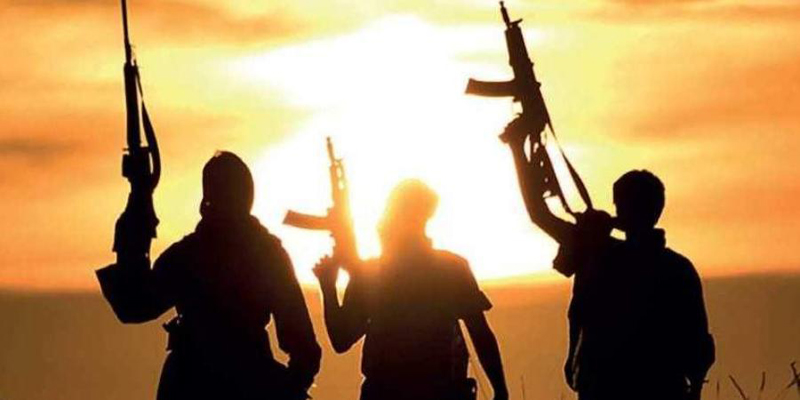The recent framing of charges against nine individuals in a terror funding case by Special Judge NIA Jammu marks a significant moment in the ongoing battle against terrorism and its financing mechanisms in India. This case has seen a complex web of accused individuals, multiple charge sheets, and meticulous legal scrutiny. The judicial process underscores the judiciary’s commitment to ensuring due process while addressing the grave issue of terror financing. The central character of this case is Jatinder Singh, alias Babu Singh, a former minister, and a cadre of individuals. The charges revolve around allegations of raising and distributing funds to support terrorist activities in Jammu and Kashmir. The investigation, initially conducted by the Police Station Gandhi Nagar and subsequently taken over by the SIA, has meticulously pieced together evidence leading to the formal charge sheeting of these individuals.
The judicial observations made by Special Judge NIA are particularly noteworthy. The court’s decision to discharge certain accused from specific charges under the Unlawful Activities (Prevention) Act (UAPA) while formally charge-sheeting them for other offences reflects a nuanced understanding of the evidence presented. This highlights the importance of concrete evidence in establishing the intent and actions related to terrorism.
A particularly striking aspect of this case is the court’s handling of accused number two, who, despite being initially accused of collecting funds for terrorism, was found to have advised against militancy and promoted a peaceful resolution of the Kashmir issue in the evidence presented. This revelation points to a complex narrative within the accused group, where not all actions are uniformly supportive of terrorism. Such nuances are vital in understanding the multifaceted nature of terrorism-related cases and ensuring that justice is tailored to individual actions rather than broad accusations. The involvement of individuals like Fayaz Ahmad Bhat, who allegedly received and distributed funds among the families of deceased terrorists, further complicates the narrative. His actions, as detailed by the court, suggest a deliberate attempt to sustain the morale and support base of terrorist organisations through financial incentives. This underscores the importance of tracking financial flows and the role of seemingly non-combatant actors in perpetuating terrorism.
The most serious concern is the involvement of a former minister and how Pakistan manages to entice locals by offering incentives such as medical college admissions for the children of their agents on this side of the border. Admissions to medical colleges in Pakistan have come under scrutiny amid allegations that separatists use them as a conduit for hawala transactions. These dealings require a thorough investigation. The Jammu and Kashmir Police have made a significant breakthrough in dismantling a network that includes a former minister. Moreover, the proceedings against individuals operating from Pakistan-occupied Jammu and Kashmir (PoJK), who could not be present for investigation and trial, highlight the transnational dimensions of terrorism and the challenges in prosecuting individuals beyond national borders. In addressing terror financing, the judiciary faces the delicate balance of upholding civil liberties while ensuring national security. The court’s decisions to discharge certain charges while upholding others reflect a judicious approach that respects legal standards and evidentiary requirements. On the other hand, this case serves as a critical reminder of the need for robust legal frameworks and meticulous investigative processes to combat terrorism effectively.
Trending Now
E-Paper


